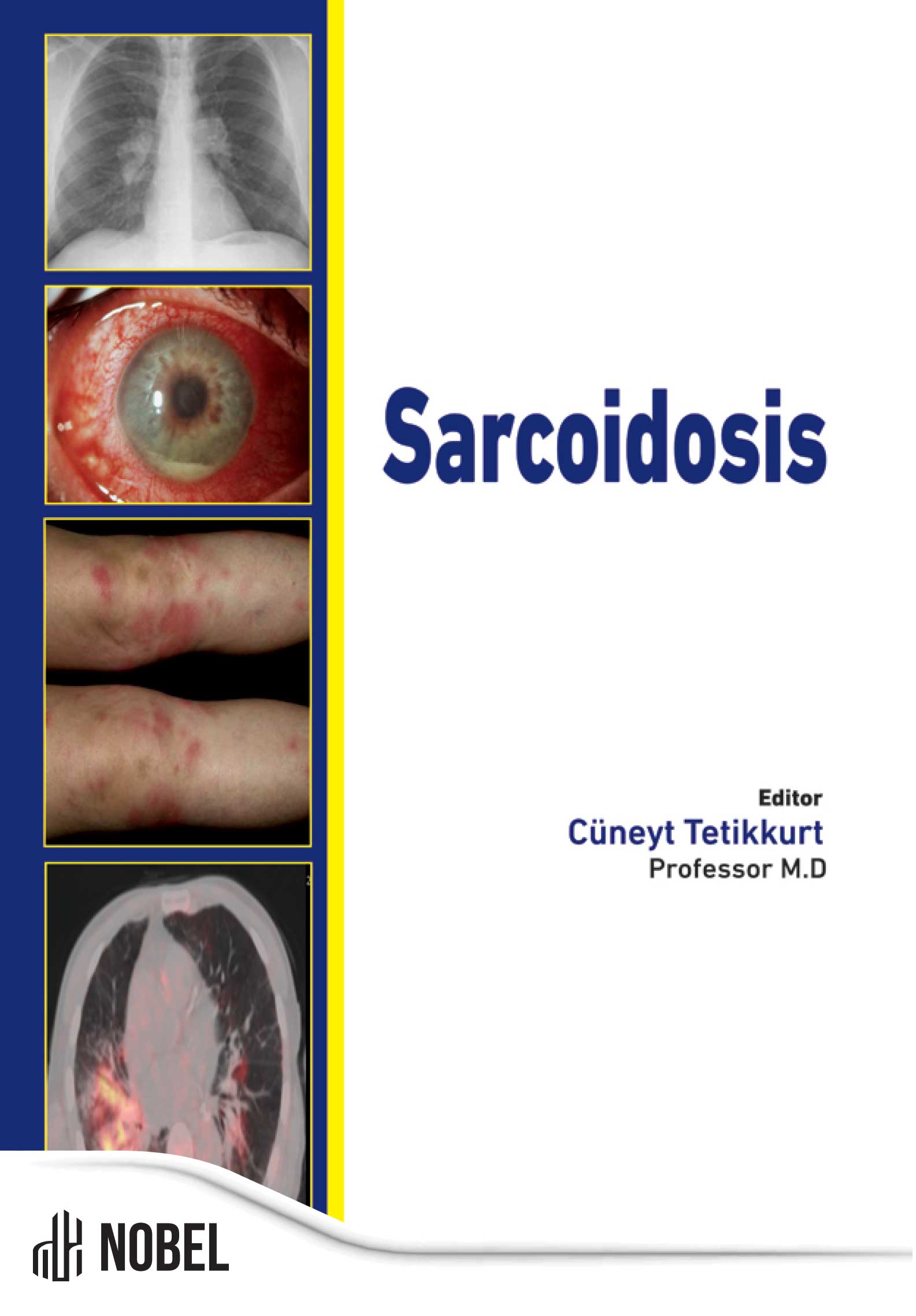Definition of Sarcoidosis
Cuneyt Tetikkurt (Author)
Release Date: 2023-12-28
Sarcoidosis is a complex and intriguing disease that has puzzled medical researchers for decades. This chapter provides a comprehensive definition of sarcoidosis, outlining its fundamental characteristics and the mechanisms underlying its development. At its core, sarcoidosis is an inflammatory condition marked by the presence of granulomas—tiny clusters of immune cells that can form in various [...]

